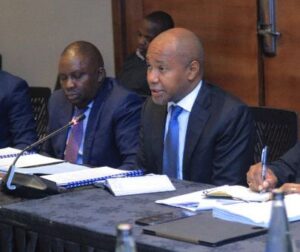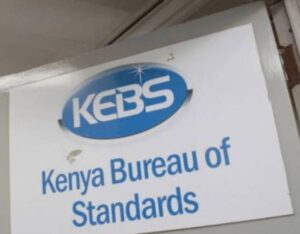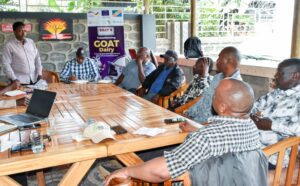
Kenyans have been urged to prioritize financial literacy as a major approach to improve household stability and support children’s education across informal settlements.
Speaking during an event held in Kajiado County, CFK Africa Program Manager Mediatrix Tuju emphasized that financial literacy is crucial in ensuring households get daily requirements including food and even education for their children.
Tuju says that having good money skills helps in efficient management of available resources.
“No money is too little, but how to use the money matters,” she said. “We teach parents on financial literacy. But above all, we hand over the baton. That is the best model of development, the bottom-up approach.”
READ: Lack of Pens, Materials Hurts Learners Despite Free Schooling
This initiative serves as a peer education model where trained individuals within the community act as catalysts of empowerment. These ‘champions’, often parents themselves, are equipped with skills and tools to teach others how to manage small incomes .
“If you see your neighbor feeding her children with little money she has, why are you not able to feed yours with the same amount?” she paused. “It becomes easier for a community member to teach and inspire another. That’s how we create sustainable change.”
The 2021 Global Financial Survey found that only 38 percent of Kenyans are financially literate, painting a grim picture of the citizens’ financial future.
According to Tuju, empowering households financially, parents can better support their children’s education not only by providing meals but also by meeting basic academic needs like school fees and stationery.
“Financial empowerment is education in itself. When parents understand how to manage their resources wisely, they’re better positioned to keep their children in school, purchase necessary learning materials, and plan for long-term success,” she said.
According to Investopedia, lack of financial literacy can lead to negative consequences including unsustainable debt and overspending, resulting in bankruptcy and poverty.
The USA’s National Library of Medicine (NIH) estimates that financial literacy helps in the reduction of poverty by more than 6 percent.




